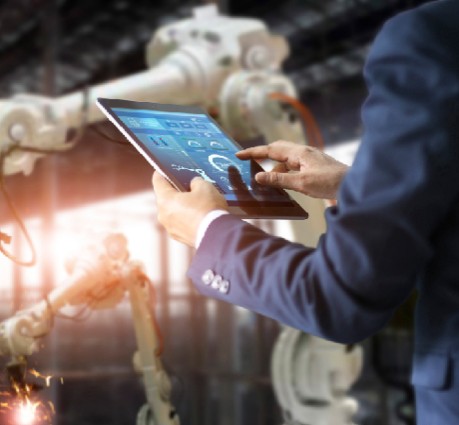Engineering is the creative application of science, mathematical methods, and empirical evidence to the innovation, design, construction, and maintenance of structures, machines, materials, devices, systems, processes, and organizations. The discipline of engineering encompasses a broad range of more specialized fields of engineering, each with a more specific emphasis on particular areas of applied mathematics, applied science, and types of application. Dr. C. V. Raman Institute of Science & Technology is one of the leading faculties of Dr. C. V. Raman University. Engineering and Technology is a broad set of disciplines that deal with everything connected to the design, manufacture, and maintenance of infrastructure, devices, tools, and information systems used by people on a daily basis.
Duration of Program
Level of Study

Conceptual learning of machines.
The transferable and inventive skills development.
Diverse skill set and finding practical solutions across different fields.
Create innovative solutions.